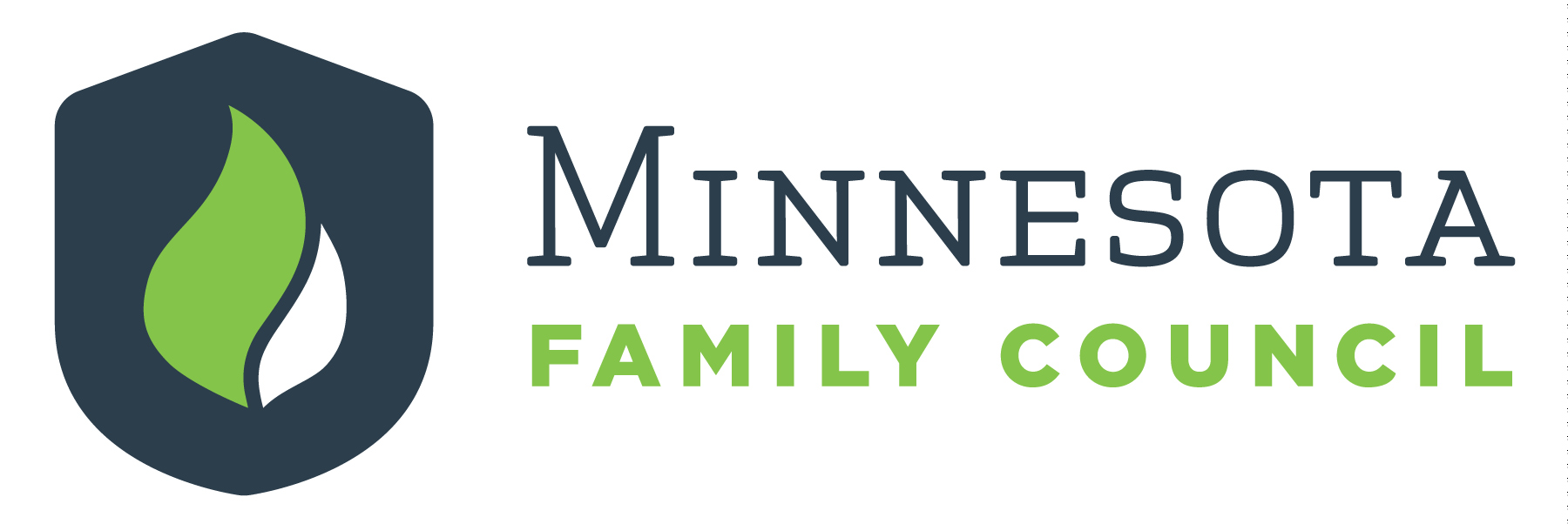|
Dear John,
In just a few weeks, you'll have a chance to impact our state by participating in party caucuses. This is a wonderful opportunity to love our neighbors and to be "salt and light" for the direction of a political party and the selection of candidates for office at the most basic level. When we as Christians bring our convictions of life, family, and religious freedom to the caucus process, we have a real chance of improving the political discourse in our state - and I think we can all agree that it must be improved!
Just a few things to note before we get started: first, unlike in past years, the presidential straw poll will not take place during the caucus. Instead, Minnesota will hold a presidential primary on March 3.
Second, this year, your participation is crucial. Some folks in our state want to remove all references to protecting life and advocating for religious freedom from major party platforms. Your participation in your local caucus is the only thing that will ensure this doesn't happen. Because, as Minnesotans, we value life, family, and religious freedom. On February 25th, we have a chance to put that into action. Are you ready? Let's get started!
What You Need to Know and Do to Participate in Caucuses on February 25th (CLICK HERE)
1. Find your “house district” and precinct name/number, as well as the specific location for your caucus by following this link to the Minnesota Secretary of State’s website: http://caucusfinder.sos.state.mn.us/. IMPORTANT: choose which party you want to caucus for. Here is a comparison of the two major parties in Minnesota, the Republican Party and the Democratic-Farmer-Labor Party from our friends at FRC Action.
2. Show up! Honestly, this is the most important thing. At this level, the party is quite literally run by those who show up. Visit with your neighbors before and after you sign in at 6:30 p.m.
3. The caucus should convene promptly at 7 p.m., and as things begin, don’t be shy about asking questions – everybody is a volunteer and, often, half the people in any given precinct are there for the first time.
4. There will be somebody who convenes the meeting in your precinct, and the first order of business is to elect somebody to run the caucus – it may or may not be the convener. Then there will usually be some precinct organizing done, such as electing a “precinct chair” who will be active for the coming two-year cycle (or longer). This is also the time and place to submit a resolution to influence your party’s official platform – the most powerful part of caucuses (see below).
After adopting resolutions, the party will elect delegates to represent your precinct at the conventions that follow, from the Senate District level right up to the national. After that, the caucus will eventually adjourn. This is the formal step that ends the caucus if you've stayed to the end - but you can always leave whenever you need to because the entire process is voluntary!
Okay, let's talk about how to create a caucus resolution.
They often start with “Whereas…” “Whereas” is a way to introduce a reason, or a series of reasons, supporting the action item. They’re a form of persuasion or logical argument; the whereas parts let somebody make the case.
You fill in the form and present it to your precinct caucus chair (or some other volunteer) the particular rules and procedures for adopting them will be made clear by your caucus chairperson, but you can start filling out the form at any time.
Here are four resolutions that will help your party move toward protecting life, family, and religious freedom:
Combating Physician-Assisted Suicide
Preserving Religious Freedom
Giving Students Privacy and Freedom of Speech
Recognizing Pornography as a Public Health Crisis
When presenting your resolution, make sure to use the correct form for your party:
GOP Resolution Form
DFL Resolution Form
Finally, it's important to note that though caucusing is not difficult, it requires patience and perseverance while everyone gets a chance to have their say, and to follow procedure for an orderly process. Besides voting, it's the most basic level of political involvement; it will take thousands of Minnesotans working together at this level to achieve the changes we want to see in the party platforms - changes that would benefit all Minnesotans who value life, family, and religious freedom – and to choose candidates for elected office who will champion those values if elected!
So, don’t be intimidated or discouraged from attending because you’re uncertain how it will work! Let’s exercise “citizenship worthy of the gospel of Christ” (Philippians 1:27) and boldly let our voices be heard and our light shine in the 2020 caucuses!
Parts of this caucus participation explainer have been adapted with permission from the Minnesota Catholic Conference.
- The Minnesota Family Council Team

|